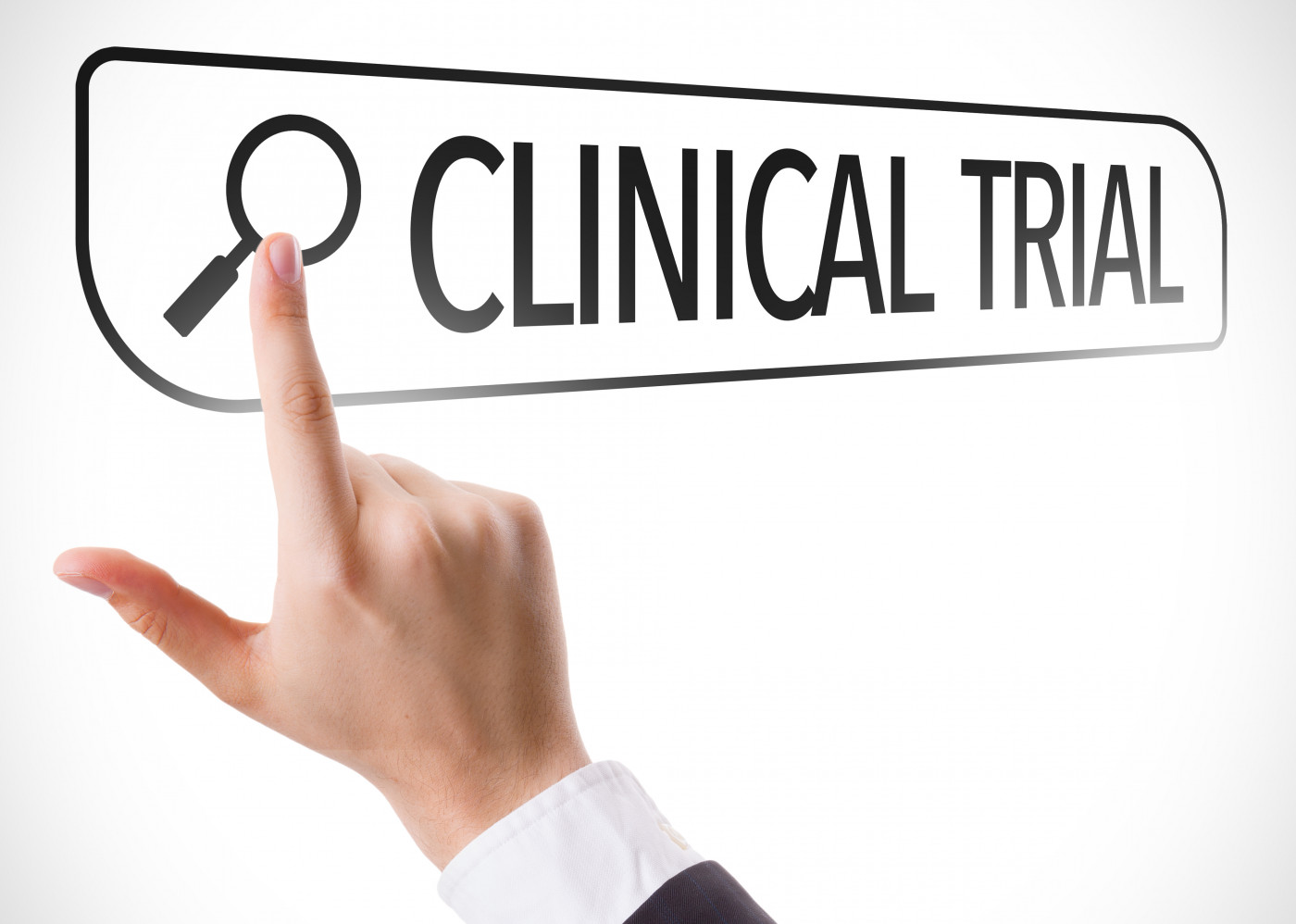Trial of Inhaled Treatment for P. aeruginosa Infections Enrolling CF Patients
Written by |

Enrollment is continuing in a Phase 1/2 trial testing the safety and properties of AR-501, a potential inhalation treatment for chronic lung infections associated with cystic fibrosis (CF), Aridis Pharmaceuticals announced.
The company also remains on track during the COVID-19 pandemic to report top-line trial findings: those in healthy volunteers are expected by June, and data on AR-501’s use in CF patients in the second half of 2021.
The Phase 1/2 trial (NCT03669614) is enrolling up to 48 healthy volunteers, and 48 adults with CF and chronic lung infections caused by the bacteria Pseudomonas aeruginosa at an expected 15 sites across the U.S. Contact information is available here.
AR-501, jointly being developed by Aridis and the Cystic Fibrosis Foundation (CFF), is a non-antibiotic, inhalable form of gallium citrate.
Due to its high similarity to iron, gallium in AR-501’s composition aims to replace iron so to starve bacteria of this essential mineral.
In starving bacteria of iron, gallium may prevent multiple iron-dependent biological processes, including those involved in infection and its progression to antibiotic resistance. For this reason, AR-501 is being investigated to treat infections caused by antibiotic-resistant bacteria such as P. aeruginosa.
The Phase 1/2 trial will evaluate the safety and pharmacokinetic properties of three ascending AR-501 doses (a low, medium, and high dose) first in healthy volunteers (Phase 1), and then in CF patients (Phase 2a). (Pharmacokinetics studies how a drug is absorbed, distributed, metabolized, and eliminated by the body.)
Volunteers and patients, once enrolled, are randomly assigned to single and multiple ascending doses of AR-501 or a placebo, self-administered using a hand-held nebulizer. Investigators will assess participant’s changes in lung function and bacterial load in sputum (mucus samples expelled by coughing) following the therapy’s use.
Results from a previous Phase 2 clinical trial (NCT02354859) demonstrated the safety and efficacy of intravenous gallium in improving lung function in CF patients.
AR-501 has received fast track and qualified infectious disease product designations from the U.S. Food and Drug Administration (FDA). It was also named an orphan drug by from the FDA in June 2019, and by the European Medicines Agency (EMA) in July 2019.
Aridis also announced that patient enrollment is also continuing, although at a slower pace, in its Phase 3 trial (NCT03816956) testing AR-301, a monoclonal antibody that might treat infections caused by different strains of Staphylococcus aureus bacteria. The trial is evaluating the safety and efficacy of AR-301 when used as an add-on therapy to standard of care treatments in patients with ventilator-associated pneumonia due to S. aureus.
It is expected to enroll 240 patients across 22 countries. Interim trial data is likely toward the end of this year, and top-line data in the second half of 2021.
“[W]e will closely monitor the on-going COVID-19 pandemic and assess its impact on our business, including the impact on enrollment for the AR-301 Phase 3 and AR-501 clinical studies,” Vu Truong, PhD, CEO of Aridis Pharmaceuticals, said in a press release.
“COVID-19 also presents a rare opportunity to utilize the Company’s APEX platform technology to develop differentiated, effective therapeutic solutions to fight this deadly pandemic. I am pleased to announce that our team of scientists are hard at work on this important task,” Truong added.
APEX, launched last December, is Aridis’ platform for the discovery, production, and optimization of monoclonal antibodies against specific disease-causing microbes. This platform builds on Aridis’ previous MabIgX technology, which enabled the production of monoclonal antibodies directly from antibody-producing immune B-cells isolated from patients.






